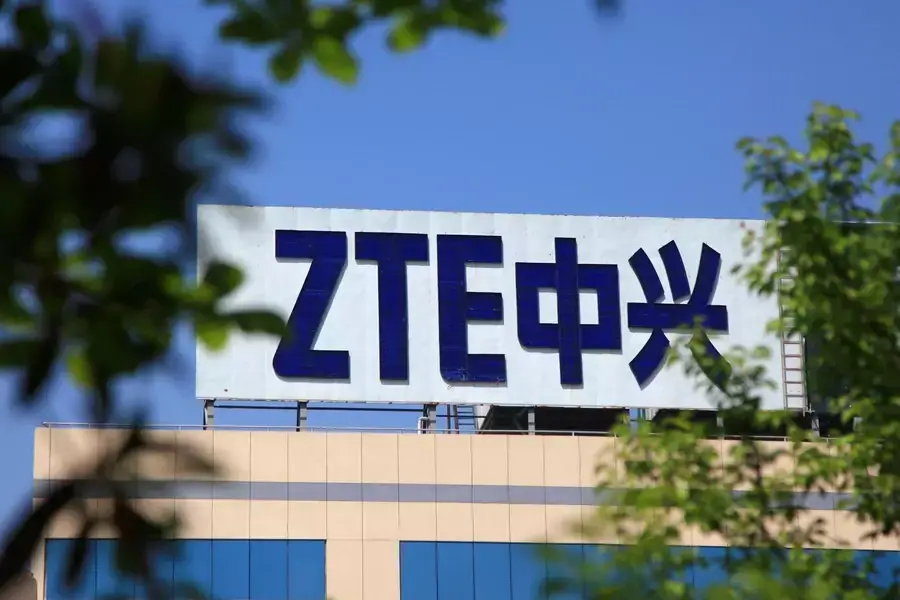Cyber Week in Review: June 8, 2018

Here is a quick round-up of this week’s technology headlines and related stories you may have missed:
1. Alternate headline: U.S. government saves foreign company deemed a national security threat. The Trump administration has agreed to reverse its ban on U.S. firms doing business with Chinese telecommunications firm ZTE, effectively saving the company from collapse. The Department of Commerce had banned ZTE from doing business with U.S. companies, which source over 30 percent of components in ZTE products according to some estimates, after it failed to comply with a settlement the company had reached with the U.S. government in March over ZTE's business dealings in Iran and North Korea. Chinese President Xi Jinping lobbied President Trump to reverse the department's decision to save Chinese jobs. Instead of a ban, ZTE will pay over $1 billion in fines on top of the original $892 million it had already paid as part of the March settlement. The company will also be required to replace its board and allow the United States to handpick the compliance team that will monitor ZTE's compliance with the settlement. Critics were quick to point out that the deal signals that U.S. sanctions enforcement is subject to political whims and saves a company the U.S. intelligence community considers a national security threat. Senator Mark Warner, the ranking member on the Senate Select Committee on Intelligence, criticized the compliance team as a "nice talking point" and a bipartisan group of senators have introduced legislation to nullify the deal and reinstate the ban.
More on:
2. Avez-vous une bonne définition pour « fake news » en français ? The French legislature has postponed a vote on a controversial law aimed at regulating the spread of misinformation online in the run-up to elections in France. The law, championed by French President Emmanuel Macron, would allow a candidate or political party to petition a judge to consider whether "'any allegation or imputation' in a news item was 'devoid of verifiable elements that would make it credible'" within 48 hours. If the judge found a news item written in bad faith, he or she could order it blocked or removed from where it appeared. Press freedom and free expression advocates have raised the alarm, arguing that it could be used by candidates to silence criticism. In an editorial, Le Monde called the law "useless" on the grounds that France already had fake news legislation and that individuals' lack of faith in institutions like the press or government, which gives rise to the virality of disinformation, can't be solved through legislation. Enforcement of the law is likely to also be an issue, especially if the disinformation a judge orders to be blocked is hosted outside of France. A new vote on the measure is expected in July.
3. Facebook in hot water, again. In two separate stories this week, the New York Times revealed that Facebook provided access to user data to cellphone manufacturers like Samsung, Apple, Amazon, Microsoft, Blackberry, Lenovo, and Huawei. According to the Times, the companies had access to data on a user's relationship status, religion, political leaning, upcoming events, and information about their friends without the user's explicit consent. Facebook took issue with the Times' story, arguing that the agreements with the device manufacturers was put in place so that users could have a "Facebook-like" experience integrated into their phones across multiple devices and operating systems before the days when app stores were widely popular, and that users consented to their data being shared. The data sharing agreement with Huawei raised some eyebrows in Congress given the U.S. intelligence community's longstanding concerns with the company. Senator John Thune, who chairs the Senate Committee on Commerce, Science, and Transportation, has demanded Facebook provide Congress with more information about its data sharing arrangements. Facebook says the data shared with Huawei stayed on the users' phone and was not transmitted to Huawei servers.
4. In case you missed it. It was five years ago this week that Edward Snowden entered the public consciousness by talking to Glenn Greenwald, Laura Poitras, and Ewen MacAskill about U.S intelligence activities. The Associated Press examines how the U.S. government is still grappling from the fallout, the Guardian asks Snowden to reflect, and Reason examines what's changed in U.S. foreign surveillance law as a result.
More on:
 Online Store
Online Store